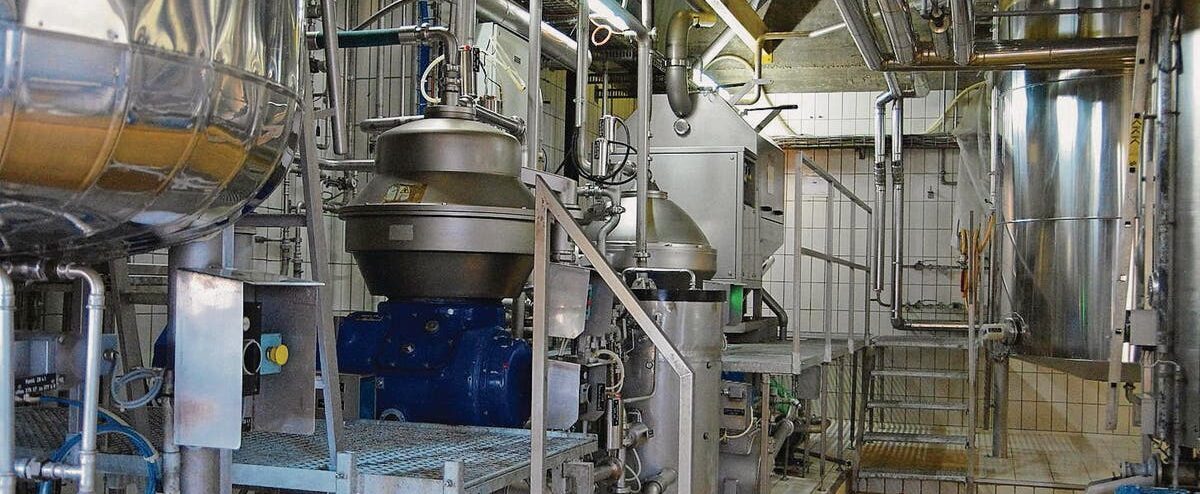Public rendering service
Sources: centravo.ch, tmf.ch

Animals can pose a risk after death, in part because they may contain veterinary drugs, pathogens or environmental contaminants (for example, heavy metals or dioxins). That is why the law regulates exactly what happens to the bodies of animals and what are known as ‘animal by-products’. *
The category of animal by-products includes deceased pets as well as all parts of an animal that we cannot, should not, or do not want to eat. This also includes, for example, by-products from animal slaughter (hides, hooves, horns, etc.), slaughterhouse waste and expired foodstuffs with animal components.
The bodies of deceased pets are subject to regulations governing disposal
Animal by-products need to be safely disposed of in a manner that does not endanger human or animal health or the environment. Pet owners can bring the bodies of their deceased pets to special collection sites. From there, they travel to plants or facilities used to process or incinerate animal by-products.
Switzerland:
GZM Extraktionswerk
AG (Centravo), Lyss
TMF
Extraktionswerk AG, Bazenheid
Germany:
Austria:
„VWG“
Vorarlberger Wiederverwertungsgesellschaft m.b.H.
In these plants, they are usually processed, sterilised, dehydrated, and then broken down into proteins (animal meal) and fat. The resulting animal meal is used as fuel in power plants or the cement industry, for example, and the animal fat can be processed into biodiesel.
There are exceptions to the requirements around animal disposal.
Deceased pets can also be cremated in a pet
crematorium or buried in a pet cemetery or – under certain conditions – in the
pet owner’s garden.
In France, pet owners are obliged by law
to entrust deceased pets weighing more than 40 kg to a public rendering
collection point (“équarrisseur”). The local authorities where the pet owner lives
can provide them with a list of collection points and their contact details.
Costs vary from region to region. If the pet weighs less than 40 kg, pet owners
in France have several options to choose from.
*In the
European Union, the disposal and safe processing of animal by-products is
regulated by law. In each of the individual countries, there are supplementary
regulations, including: Switzerland:
the Ordinance on Animal By-Products (ABO) Germany: the Animal By-Products Disposal
Ordinance (TierNebV). Austria: the Animal Materials Regulation (TMV). These
regulations apply nationwide, but the individual cantons/local authorities are
responsible for plant maintenance and charging for collection and rendering.

